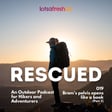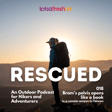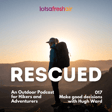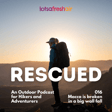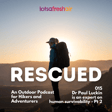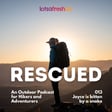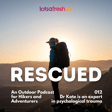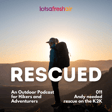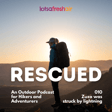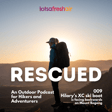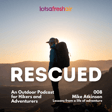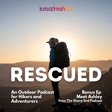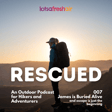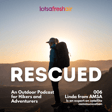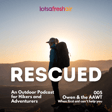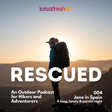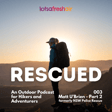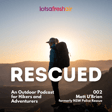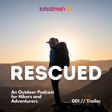
014 // Dr Paul Luckin is an expert on human survivability
Dr Paul Luckin is an anaesthetist, with a very unique background.
As an authority on human survivability he’s a medical advisor to the Police Search and Rescue teams and the Australian Maritime Safety Authority (that’s AMSA), providing time-frames for human survival during Search and Rescue operations.
He teaches the medical aspects of Search and Rescue, and is on the directing staff of the National Police Search and Rescue Managers Course.
A humble and highly trained specialist clinician and expert in search and rescue, he has served as a Captain in the Royal Australian Naval Reserve in Bougainville, East Timor, in the Resuscitation and Retrieval Team for the victims of the first Bali bombing, and in the first foreign medical team into Banda Aceh following the 2004 tsunami, and much, much more.
In 2015, he was made a Member of the Order of Australia, AM, for significant service to the
community through emergency medicine, and he joins me today…
